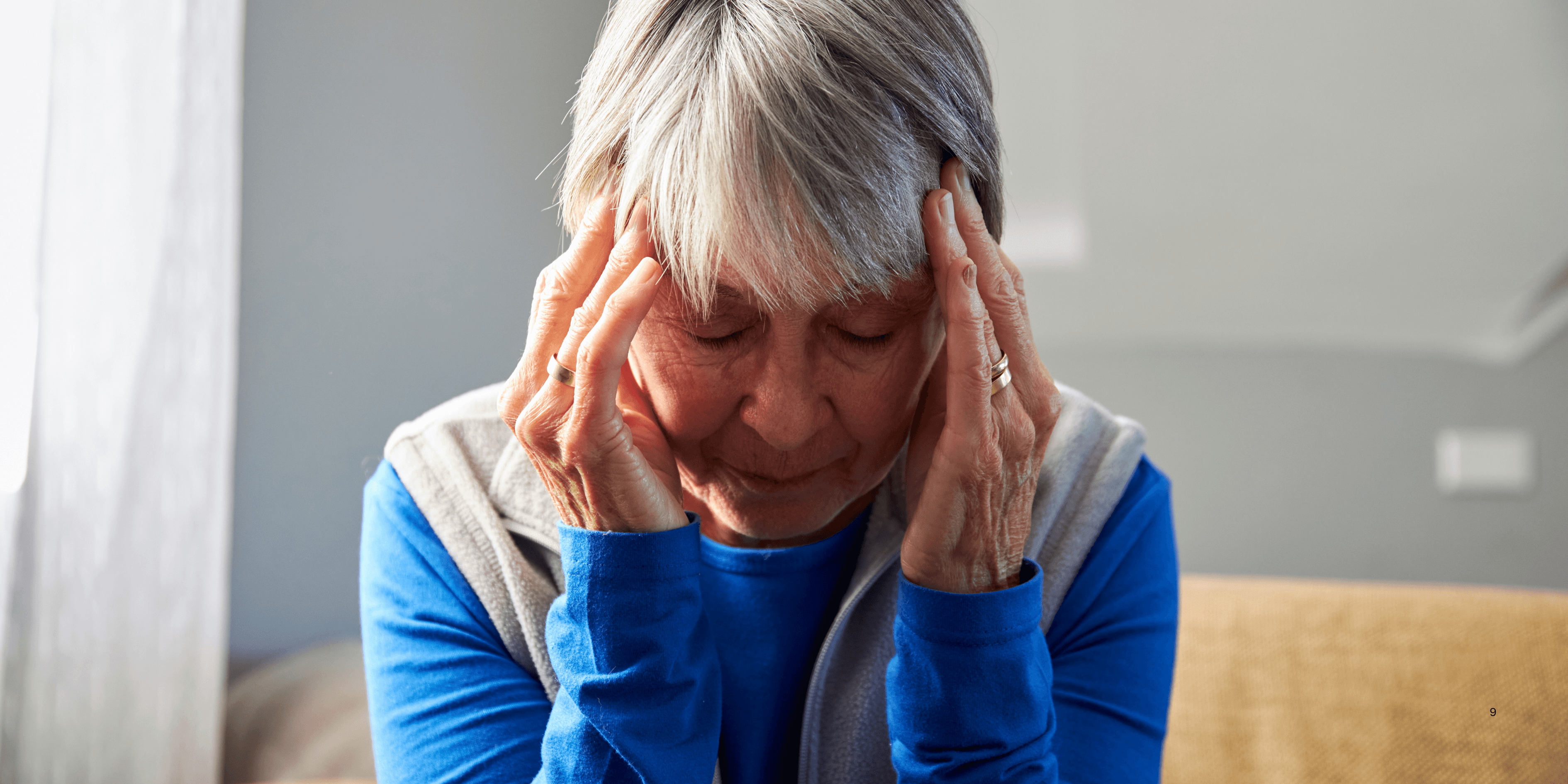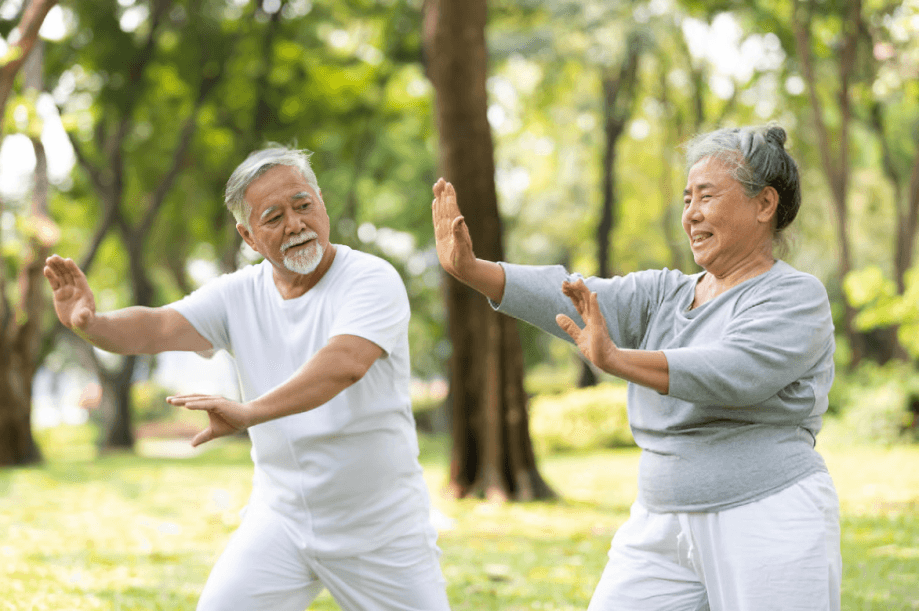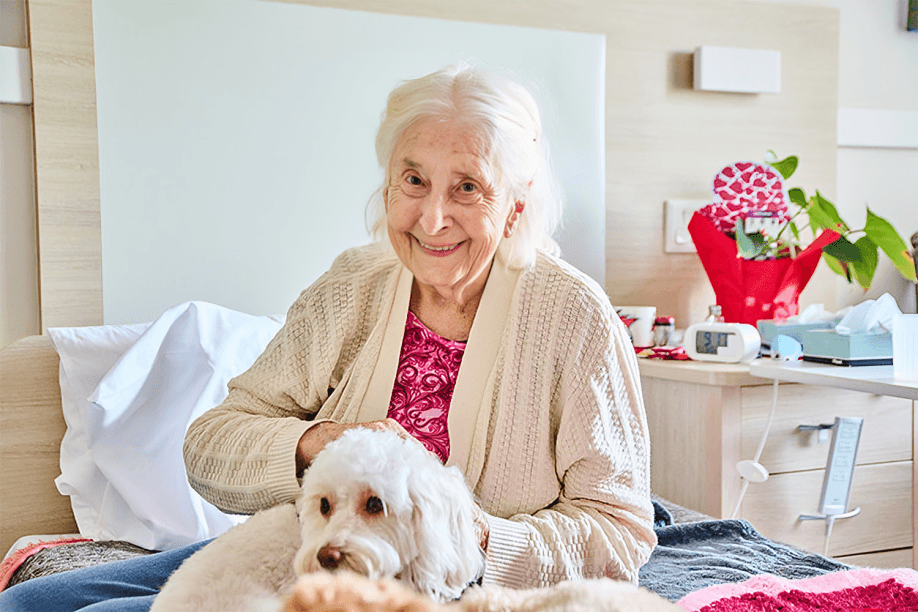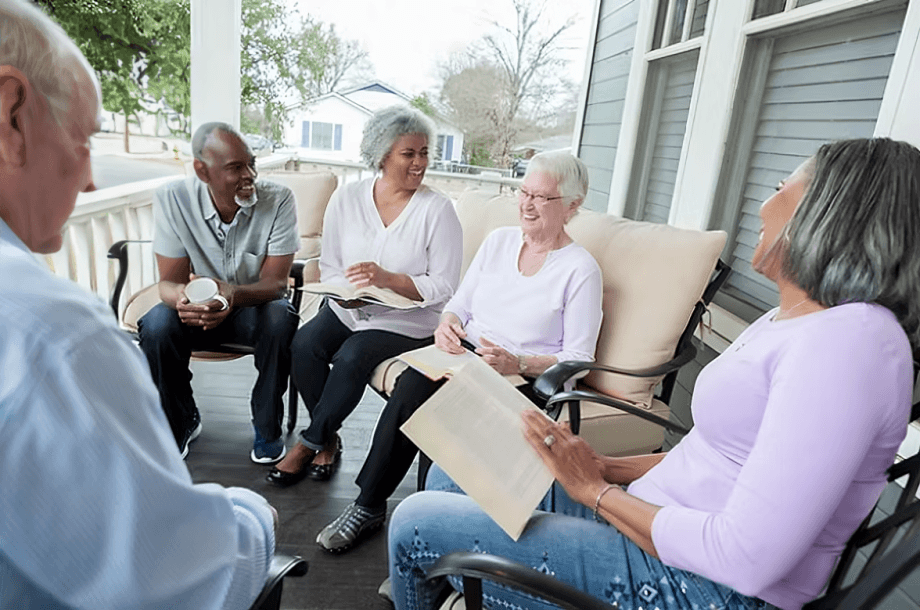
“
As people age, emotional well-being becomes just as important as physical health. Managing anxiety and stress in the elderly is essential for preserving quality of life, improving sleep, reducing physical complications, and enhancing mood. Older adults often face various life changes such as loneliness, illness, or loss, which can increase emotional challenges. 1
1
”
According to geriatric psychiatrists, seniors need emotional support through empathy, routine, and therapy to ease anxiety and stress linked to age-related changes. 1
Daily routines help seniors feel emotionally balanced. Consistent meals, light exercise, and calm evenings reduce stress by providing structure and a sense of control. 2
Seniors who regularly practice mindfulness and meditation report reduced anxiety levels. Focusing on the present moment lessens overthinking, which is often a major contributor to stress in aging adults. 3

Gentle physical activities like walking, tai chi, or stretching improve mood-regulating chemicals in the brain. Exercise can help reduce stress levels, improve sleep, and promote overall well-being in older adults.
Emotional expression through journaling, talking with trusted individuals, or engaging in creative arts like painting provides elderly people with healthy outlets to manage their internal worries and anxieties. 4
Sleep quality directly impacts mental well-being in the elderly. Establishing a calming bedtime routine and limiting screen use before bed reduces nighttime stress and enhances emotional stability. 5
Limited exposure to distressing news or violent media can significantly reduce stress in older individuals. Curating media intake helps elderly minds remain peaceful and prevents emotional overstimulation. 6
Nutritional balance plays a crucial role in mental clarity and mood. Diets rich in leafy greens, omega-3 fatty acids, and hydration support the brain and help prevent anxiety spikes in elderly populations. 7

Pet therapy has been shown to significantly reduce stress among the elderly. Interacting with calm animals improves mood, lowers blood pressure, and provides companionship, especially in cases of loneliness or grief.
Gardening is not only physical but also deeply therapeutic. Many seniors find that tending to plants brings peace, focus, and joy, which significantly reduces feelings of anxiety and encourages relaxation. 8
Support groups allow elderly individuals to share their experiences and feelings. Talking to others facing similar challenges creates connection and emotional release, easing the psychological burden of stress. 9
Laughter therapy, humor, and lighthearted entertainment help reduce cortisol levels. Elderly individuals benefit greatly from comedies or activities that bring joy, promoting relaxation through laughter. 10
Having a hobby like knitting, puzzles, or reading can shift focus away from stressful thoughts. These activities foster a sense of purpose and routine, both essential for elderly mental health. 11
Exposure to natural light boosts serotonin levels, lifting mood and energy. Seniors who spend time in the sun or near windows experience lower stress levels and improved emotional states during the day. 12

Family involvement in an elderly person’s life helps stabilize emotional well-being. Regular visits, calls, or shared activities can create comfort, reduce stress, and remind them they are supported and valued.
Music therapy has been linked to reduced anxiety in older adults. Listening to familiar tunes or calming melodies can slow heart rate, reduce tension, and create an emotional anchor during distress. 13
Avoiding overstimulation—such as too many visitors, loud environments, or clutter—can help seniors feel calmer. Simple surroundings and quiet time reduce triggers that often contribute to mental unrest. 14
Engaging in volunteer work or helping others can improve self-worth. Seniors who feel useful and involved in their communities experience less emotional distress and often cope better with aging challenges. 15
Clear communication with doctors and caregivers reduces stress linked to uncertainty. When seniors understand their health and treatment plans, they feel more secure, easing fears about the unknown. 16
As philosopher Epictetus once taught, “It’s not what happens to you, but how you react to it.” Encouraging elderly individuals to shift perspective can significantly reduce mental distress and foster inner peace. 17


